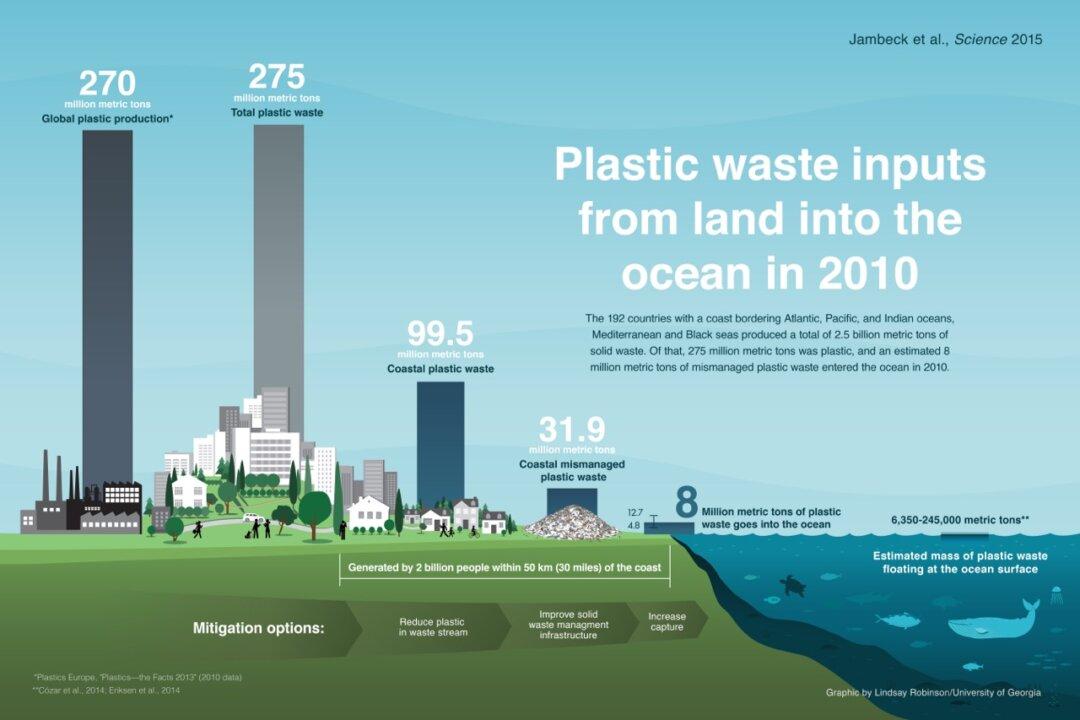As technology continues to shrink and require less power, a very different future begins to come into view. Google’s Executive Eric Schmidt told attendees at the World Economic Forum in Davos recently that soon “there will be so many devices, sensors [and] things that you are wearing, that you’re interacting with...you won’t even sense it, you'll be interacting with it all the time.”
WiFi and microprocessors built into clothing that will completely change our experience of accessing and uploading information to the global Internet is only one part of this rapidly changing landscape. This same miniaturization and integration of seemingly everyday goods with technology will also extend to everyday consumer goods such as soap, shoes, and even the clothes and dish-washing machines that use the soap.



